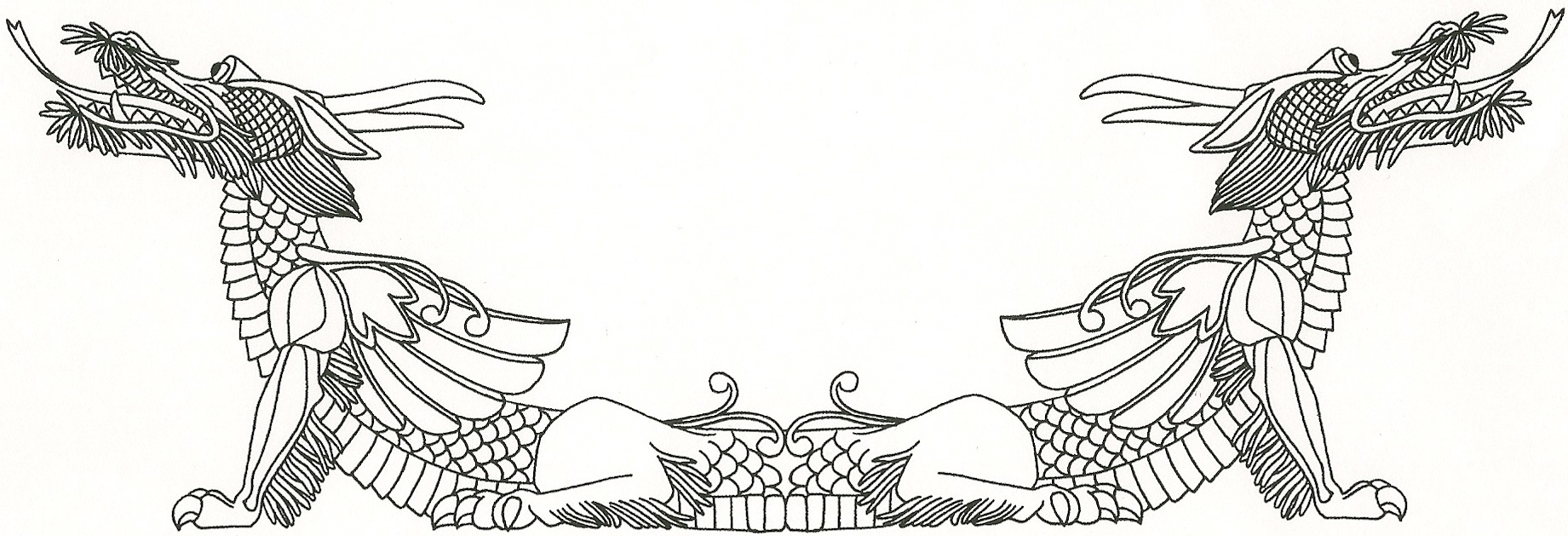Europeans knew little about Africa in 1880. Within 30 years Africa had been explored by Europeans and largely distributed between five countries – United Kingdom, France, Germany, Italy and Belgium. Only Liberia and Ethiopia were unconquered. The Scramble for Africa is the history of those 30 years. The countries involved, particularly the United Kingdom, rationalised their exploitation of the natives by saying that they were improving their lives with the 3 Cs – Civilization, Commerce and Christianity. Civilization was very much a white, Victorian version, Commerce was conducted to the advantage of the white conqueror, and the less I say about Christianity, the better.
The Scramble for Africa covers the actions of each country in an unbiased and even-handed way. The actions and attitudes of the individuals involved are told without offering excuses for them, only explanations. There are many stories of plans made that never came to fruition, or cost more than was anticipated. The sums of money spent by the various countries were amazing. The cost in lives was such that I was almost surprised the various countries didn’t just give up. But then, they wanted the land and the mineral wealth they believed it contained. The military blunders committed by the Italian and British armies also cost hundreds, if not thousands, of lives.
Although The Scramble for Africa is what I call a ‘doorstop’ book (700 finely printed pages), I found it very readable. It was a real eye-opener and taught me a lot I didn’t know about Africa. Few of the individuals involved in the ‘scramble’ come across very well. This is particularly true of King Leopold II of Belgium, who claimed his interest in the Congo area was philanthropic when he really wanted to make money out of the area nd its natives. Most countries used ‘blank treaty forms’ to make it seem that they were taking over a part of the country with the approval of the native people. In reality, these forms stripped the natives of their rights to their land and its mineral wealth. Although it is true that some Europeans were murdered (and a few eaten!) by Africans, I felt little sympathy for the victims.
By the time I’d finished The Scramble for Africa, I was almost ashamed of what Europeans had done. Having said that, the book also raises the point that Africans have arguably treated each other worse in the years since the various African states gained independence than we treated them during the ‘scramble’. There have been numerous military coups, not to mention genocide and acts of terrorism. I doubt that Africans generally would want to turn the clock back and return to the 1880s, losing the material benefits brought by the Europeans. I just wish we’d brought those benefits in a more humane way.

